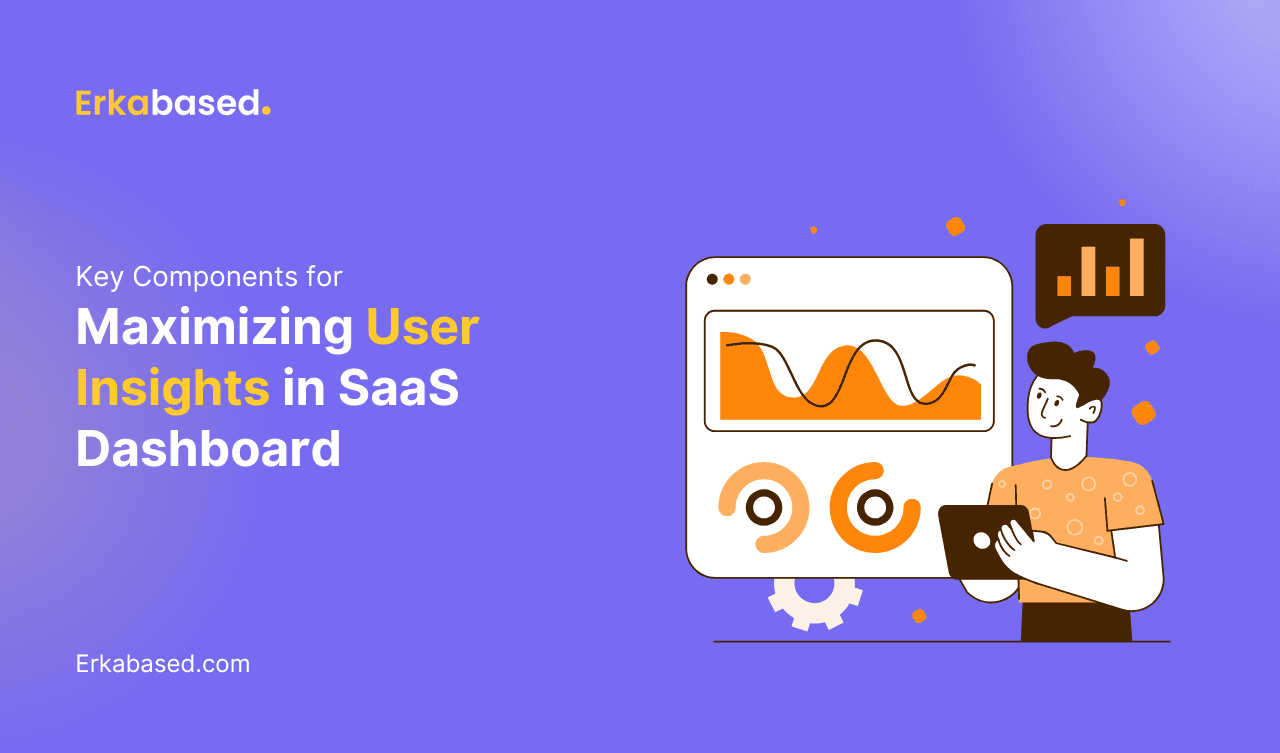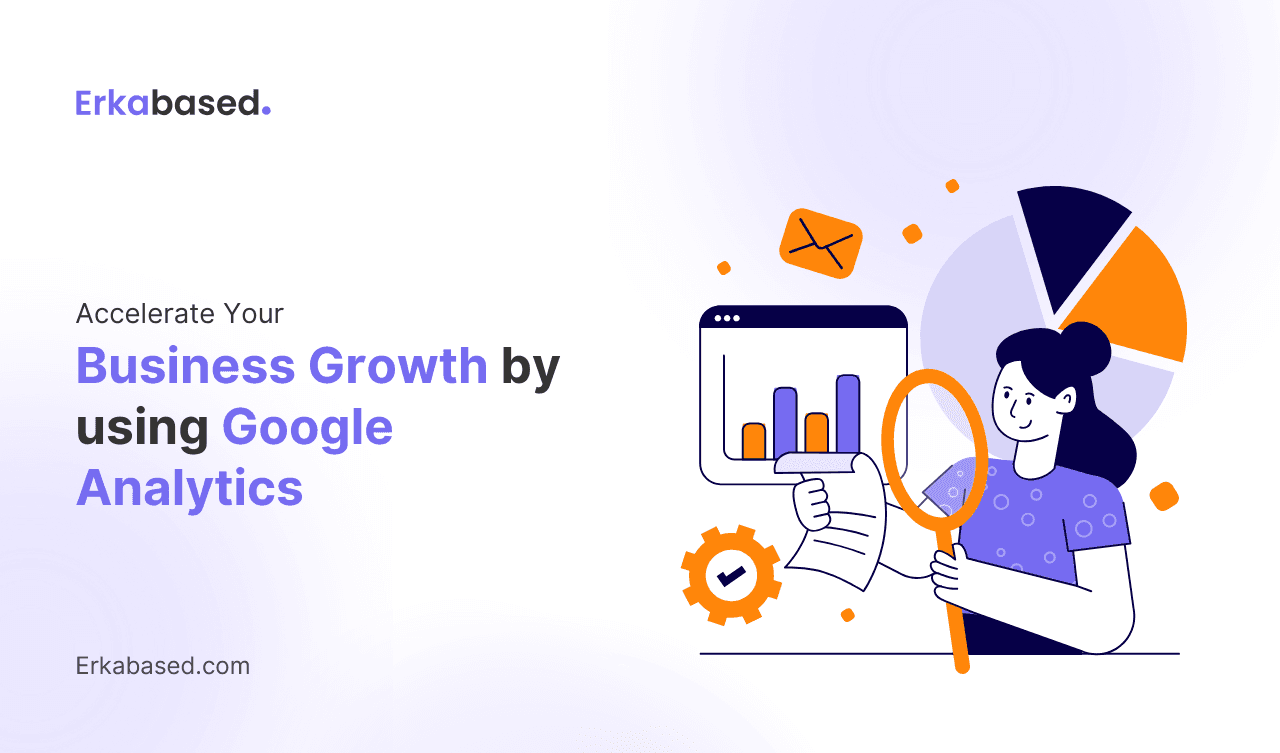Introduction
In today’s fast-paced digital environment, businesses need to deliver high-quality applications quickly and efficiently. This pressure often leads developers to search for solutions that simplify backend processes while enabling rapid app deployment. Firebase, a comprehensive platform developed by Google, is one of the most popular solutions available today for building and managing mobile and web applications.
Whether you’re developing a mobile app, web service, or a complex multi-platform product, Firebase offers a range of features that reduce the complexity of app development. This article will provide an in-depth understanding of what Firebase is, how it works, and why it has become a go-to platform for developers and businesses aiming to accelerate their development processes while ensuring scalability, security, and performance.
What is Firebase?
Firebase is a Backend-as-a-Service (BaaS) platform that provides developers with a variety of tools and services to build, improve, and scale their applications. Originally launched in 2011 as a real-time database, Firebase was acquired by Google in 2014 and has since expanded into a robust platform that supports app development across iOS, Android, and web environments.
The key strength of Firebase lies in its ability to handle the backend processes that typically require significant resources and expertise. These include authentication, data storage, hosting, analytics, cloud messaging, and more. By offering these services as part of a single platform, Firebase allows developers to focus on creating engaging user experiences rather than getting bogged down by backend complexities.
Key Features of Firebase
Firebase is packed with features that address different aspects of app development, from real-time databases to machine learning capabilities. Here are some of its most essential features:
Realtime Database and Firestore
Firebase’s Realtime Database is a cloud-hosted NoSQL database that stores and syncs data in real-time across all clients. This is particularly useful for applications like chat services, live collaboration tools, or any app where real-time data syncing is crucial. As changes are made to the database, they are instantly reflected across all connected users, providing a seamless experience.
In addition to the Realtime Database, Firebase offers Firestore, another cloud-hosted database designed for scalability and flexibility. Firestore allows developers to structure their data in a more intuitive and scalable way, with enhanced querying capabilities compared to the Realtime Database.
Authentication
Handling user authentication is one of the most critical aspects of app development, and Firebase simplifies this process with its Firebase Authentication service. This service supports various authentication methods, including email and password, social media logins (Google, Facebook, Twitter, GitHub), and even anonymous authentication.
With Firebase Authentication, developers can easily integrate secure login systems without having to build complex backend infrastructures for user management. This not only saves time but also enhances the security of the app by leveraging Google's industry-leading security protocols.
Cloud Firestore and Storage
For apps that require persistent data storage beyond just user profiles and session data, Firebase provides Cloud Firestore and Firebase Storage. While Cloud Firestore offers structured, scalable data storage with real-time syncing, Firebase Storage is designed to store and serve user-generated content like images, audio, and video files.
With Firebase Storage, developers can effortlessly handle large file uploads and serve them across multiple platforms, all while ensuring secure access and fast delivery.
Firebase Cloud Messaging (FCM)
Push notifications are essential for keeping users engaged, and Firebase Cloud Messaging (FCM) is one of the best tools for delivering messages and notifications to users across platforms. FCM allows developers to send targeted notifications to specific user segments, schedule messages, and deliver updates even when the app isn’t active.
This feature is invaluable for businesses that want to engage their users through promotional offers, product updates, or personalized content, all while ensuring reliable message delivery.
Analytics and Performance Monitoring
Understanding how users interact with your app is crucial for improving user experiences, and Firebase offers comprehensive Analytics and Performance Monitoring tools to track app performance. Firebase Analytics provides insights into user behavior, app usage, and engagement, allowing businesses to make data-driven decisions that optimize app performance.
Firebase Performance Monitoring helps developers track the speed and responsiveness of their app. Whether it’s monitoring network requests, tracking UI responsiveness, or identifying bottlenecks in the backend, Firebase makes it easy to diagnose and resolve performance issues.
Crashlytics
No app is immune to crashes, but minimizing their impact on the user experience is key to maintaining customer satisfaction. Firebase’s Crashlytics tool provides real-time crash reporting, allowing developers to identify, prioritize, and fix issues faster. With detailed insights into the root causes of crashes, Crashlytics helps ensure that app stability is quickly restored after any disruptions.
The Advantages of Firebase for Businesses and Developers
Firebase offers a number of distinct advantages for businesses and developers, making it an attractive solution for anyone looking to streamline app development and reduce time to market. Let’s explore some of the key benefits:
Rapid Development and Time Savings
By handling much of the backend infrastructure, Firebase enables developers to launch apps faster and focus on building features that matter most to users. With integrated services like authentication, databases, storage, and messaging, Firebase eliminates the need for custom backend development, drastically reducing the time and effort required to create a fully functional app.
Scalability
Firebase is designed to scale as your app grows. Whether you have a small user base or millions of users, Firebase’s infrastructure automatically adjusts to handle the traffic. This scalability is particularly important for startups and growing businesses that need to accommodate increasing demands without constantly rethinking their backend architecture.
Real-Time Synchronization
Real-time synchronization is one of Firebase's standout features. It allows apps to update data across all connected clients instantly. This is especially beneficial for real-time applications like chat apps, collaborative tools, or live data dashboards where immediate updates are critical for the user experience.
Seamless Cross-Platform Development
Firebase supports app development across multiple platforms, including Android, iOS, and the web. This cross-platform functionality allows businesses to build a single app that works seamlessly across different environments, reducing development complexity and increasing the speed of delivery.
Secure Infrastructure
Firebase is built on Google Cloud, meaning it benefits from Google’s industry-leading security measures, including automatic data encryption, strong access controls, and secure data transmission protocols. By leveraging Firebase, businesses can ensure that user data is protected at all times without the need to invest in additional security infrastructure.
Cost-Effectiveness
Firebase offers a free tier for smaller projects, which is ideal for startups or developers looking to test out the platform before scaling up. As your app grows, Firebase’s pricing model allows you to pay for only the services you need, making it a cost-effective solution for businesses of all sizes.
Use Cases for Firebase
Firebase’s wide range of features makes it suitable for a variety of app development projects. Here are some common use cases where Firebase can significantly streamline the development process:
Real-Time Collaboration Apps
For apps that require real-time collaboration, such as document editing tools, project management apps, or live chat platforms, Firebase’s Realtime Database and Firestore are invaluable. These services ensure that changes made by one user are immediately reflected for all other users, creating a seamless collaborative experience.
E-Commerce Platforms
Firebase is an excellent choice for e-commerce businesses. With its authentication tools, real-time database, and cloud storage capabilities, Firebase enables businesses to create highly dynamic and personalized shopping experiences. Additionally, Firebase Cloud Messaging can be used to send promotional offers and updates directly to users, increasing engagement and driving sales.
On-Demand Services
For businesses offering on-demand services, such as ride-hailing, food delivery, or appointment booking, Firebase’s real-time data syncing, user authentication, and notifications ensure a smooth and responsive user experience. Firebase also scales easily to accommodate fluctuating demand, making it ideal for on-demand platforms.
Content-Driven Applications
For content-driven applications like blogs, news apps, or streaming services, Firebase provides the necessary infrastructure to manage and deliver content efficiently. Its storage services are particularly useful for apps that handle a large volume of media files, such as images, videos, or audio.
Challenges of Using Firebase
While Firebase offers many advantages, it’s essential to understand some of the potential challenges associated with using the platform:
Vendor Lock-In
As a proprietary Google platform, Firebase is deeply integrated into the Google Cloud ecosystem. While this provides certain benefits, it also means that migrating away from Firebase in the future could require a significant effort. For businesses looking for long-term flexibility, this is an important consideration.
Limited Querying Capabilities (In Some Services)
While Firestore offers robust querying capabilities, Firebase Realtime Database has more limited querying features. This can make it challenging to perform complex data queries, which might be a drawback for some applications that require sophisticated data analytics or search functions.
Conclusion
Firebase has emerged as one of the most powerful and versatile platforms for app development, offering a wide array of tools that simplify backend processes and allow developers to focus on creating exceptional user experiences. Its real-time data syncing, cross-platform support, scalable infrastructure, and built-in security features make Firebase an ideal solution for businesses looking to build high-performance applications quickly and efficiently.
At Erkabased, we specialize in helping businesses leverage powerful technologies like Firebase to build scalable, secure, and feature-rich applications. Whether you're just starting out or looking to enhance an existing app, our team of experts is here to guide you through the development process. Contact Erkabased today to learn more about how we can help you accelerate your app development with Firebase and take your digital strategy to the next level.



